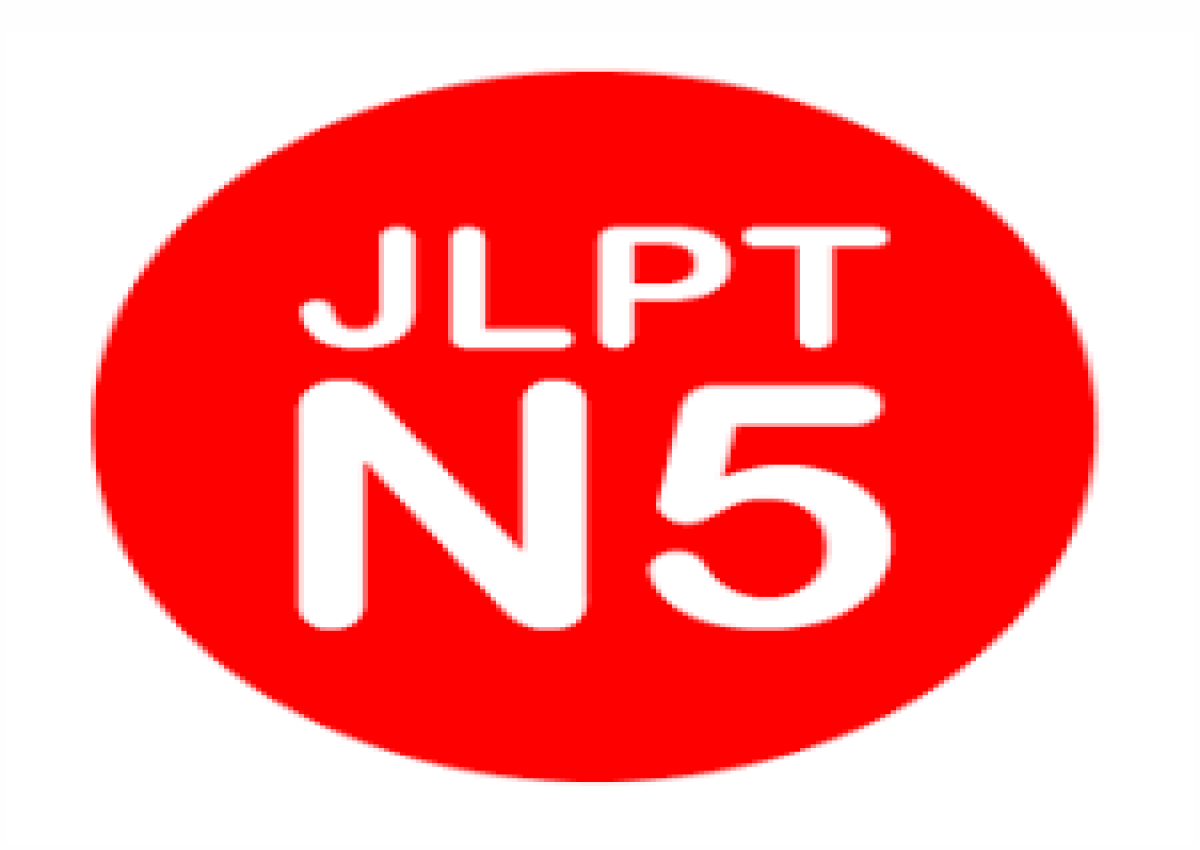31 Oct
Complete list of vocabulary for the JLPT N5
The Japanese Language Proficiency Test (JLPT) N5 level focuses on basic vocabulary for everyday communication. While it's challenging to provide a complete list of all vocabulary, I can offer you a list of common vocabulary words and phrases that are typically encountered at the N5 level. These words cover a range of topics and situations:
Numbers:
一 (ichi) - one
二 (ni) - two
三 (san) - three
四 (shi or yon) - four
五 (go) - five
六 (roku) - six
七 (shichi or nana) - seven
八 (hachi) - eight
九 (kyuu or ku) - nine
十 (juu) - ten
Days and Months:
今日 (kyou) - today
明日 (ashita) - tomorrow
昨日 (kinou) - yesterday
月 (tsuki) - month
日 (hi) - day
何曜日 (nan youbi) - what day of the week
何月 (nan gatsu) - what month
Time:
時間 (jikan) - time, hours
分 (fun) - minute
半 (han) - half
Greetings:
こんにちは (konnichiwa) - hello, good day
ありがとう (arigatou) - thank you
すみません (sumimasen) - excuse me, I'm sorry
おはよう (ohayou) - good morning
こんばんは (konbanwa) - good evening
お疲れ様 (otsukaresama) - thank you for your hard work
Family and People:
家族 (kazoku) - family
父 (chichi) - father
母 (haha) - mother
友達 (tomodachi) - friend
子供 (kodomo) - child
男 (otoko) - man
女 (onna) - woman
Colors:
赤 (aka) - red
青 (ao) - blue
白 (shiro) - white
黒 (kuro) - black
緑 (midori) - green
Common Objects:
車 (kuruma) - car
本 (hon) - book
電話 (denwa) - telephone
駅 (eki) - train station
飛行機 (hikouki) - airplane
レストラン (resutoran) - restaurant
Food and Drink:
食べ物 (tabemono) - food
水 (mizu) - water
ご飯 (gohan) - rice, meal
お茶 (ocha) - tea
コーヒー (kouhii) - coffee
ピザ (piza) - pizza
Directions and Places:
左 (hidari) - left
右 (migi) - right
前 (mae) - front
後ろ (ushiro) - behind
駅 (eki) - train station
病院 (byouin) - hospital
公園 (kouen) - park
銀行 (ginkou) - bank
レストラン (resutoran) - restaurant
トイレ (toire) - toilet
Nouns (名詞 - Meishi):
本 (hon) - Book
学校 (gakkou) - School
人 (hito) - Person
犬 (inu) - Dog
猫 (neko) - Cat
魚 (sakana) - Fish
車 (kuruma) - Car
電話 (denwa) - Telephone
お金 (okane) - Money
名前 (namae) - Name
Verbs (動詞 - Doushi):
する (suru) - To do
行く (iku) - To go
来る (kuru) - To come
食べる (taberu) - To eat
見る (miru) - To see
読む (yomu) - To read
書く (kaku) - To write
買う (kau) - To buy
聞く (kiku) - To ask/listen
知る (shiru) - To know
Adjectives (形容詞 - Keiyoushi):
大きい (ookii) - Big
小さい (chiisai) - Small
新しい (atarashii) - New
古い (furui) - Old
高い (takai) - High/Tall
安い (yasui) - Cheap
速い (hayai) - Fast
遅い (osoi) - Slow
美しい (utsukushii) - Beautiful
面白い (omoshiroi) - Interesting
Adverbs (副詞 - Fukushi):
今 (ima) - Now
いつ (itsu) - When
どこ (doko) - Where
どう (dou) - How
あまり (amari) - Not much
とても (totemo) - Very
よく (yoku) - Often
すぐ (sugu) - Immediately
もう (mou) - Already
まだ (mada) - Still/Not yet
Pronouns (代名詞 - Daimeishi):
私 (watashi) - I/Me
あなた (anata) - You
彼 (kare) - He
彼女 (kanojo) - She
これ (kore) - This
それ (sore) - That
これら (korera) - These
それら (sorera) - Those
何 (nani) - What
誰 (dare) - Who
Other Useful Words:
こんにちは (konnichiwa) - Hello
ありがとう (arigatou) - Thank you
ごめんなさい (gomen nasai) - I'm sorry
お願いします (onegai shimasu) - Please
はい (hai) - Yes
いいえ (iie) - No
これから (korekara) - From now on
どうぞ (douzo) - Here you go/Please
そう (sou) - Yes/That's right
いくつ (ikutsu) - How many
Please note that this is just a basic list, and the JLPT N5 exam covers a wider range of vocabulary. It's essential to study a comprehensive vocabulary resource or textbook designed specifically for N5 preparation to ensure you have a complete understanding of the vocabulary needed for the test.










